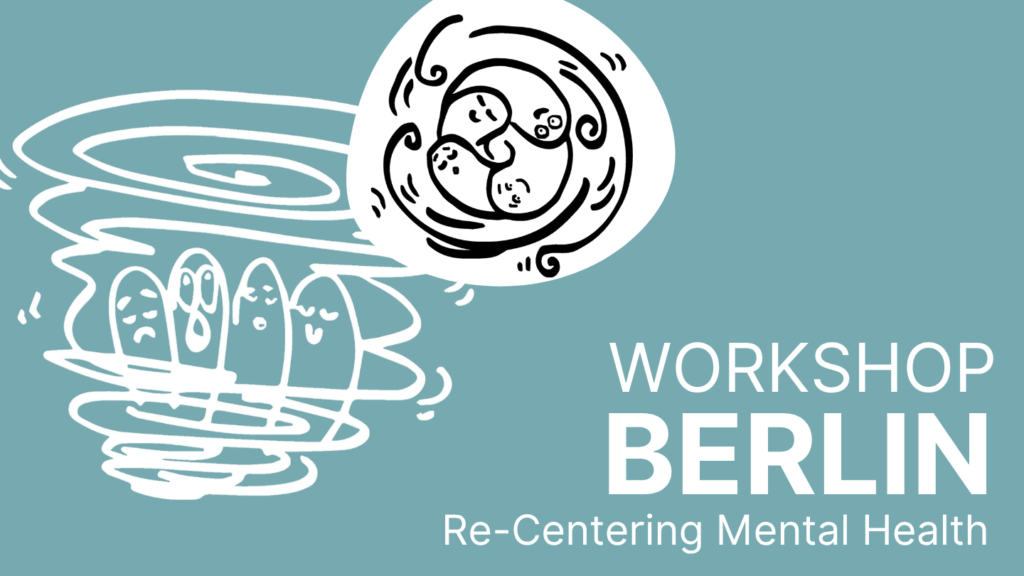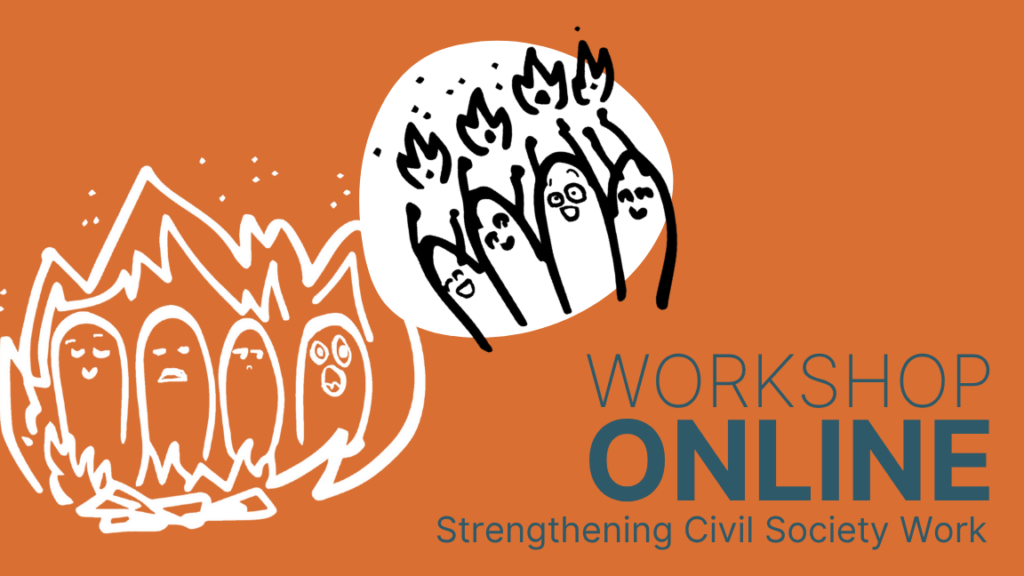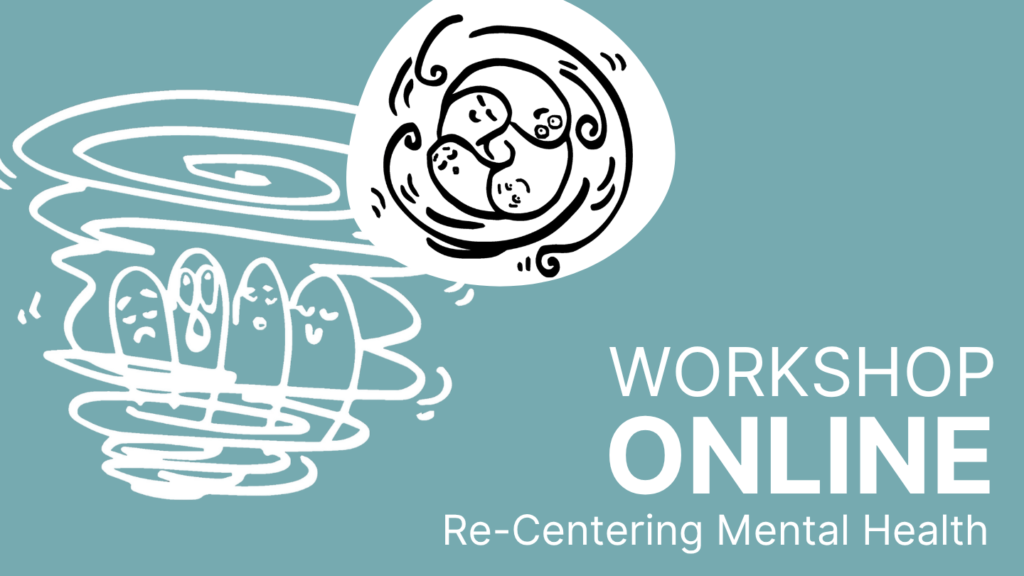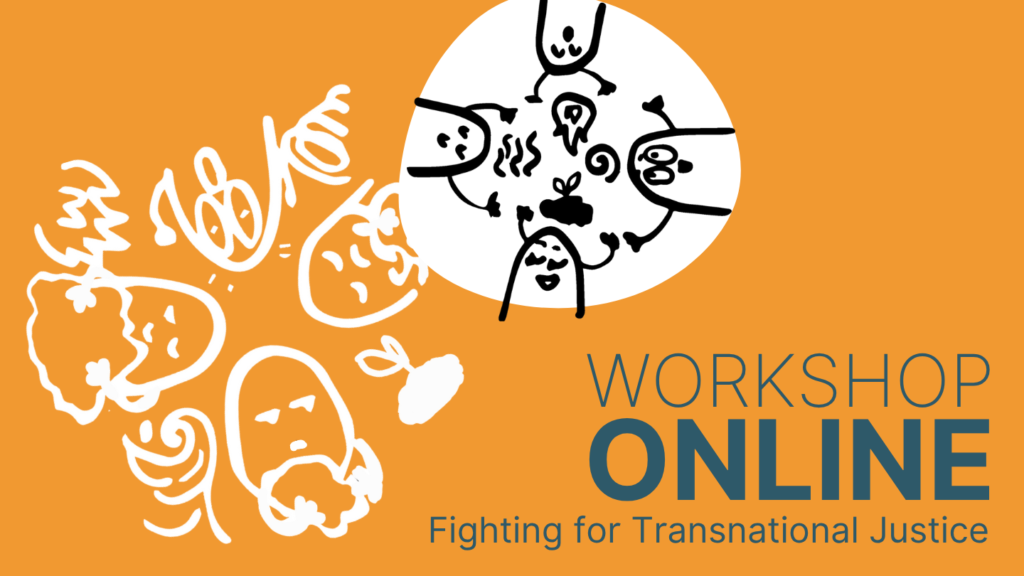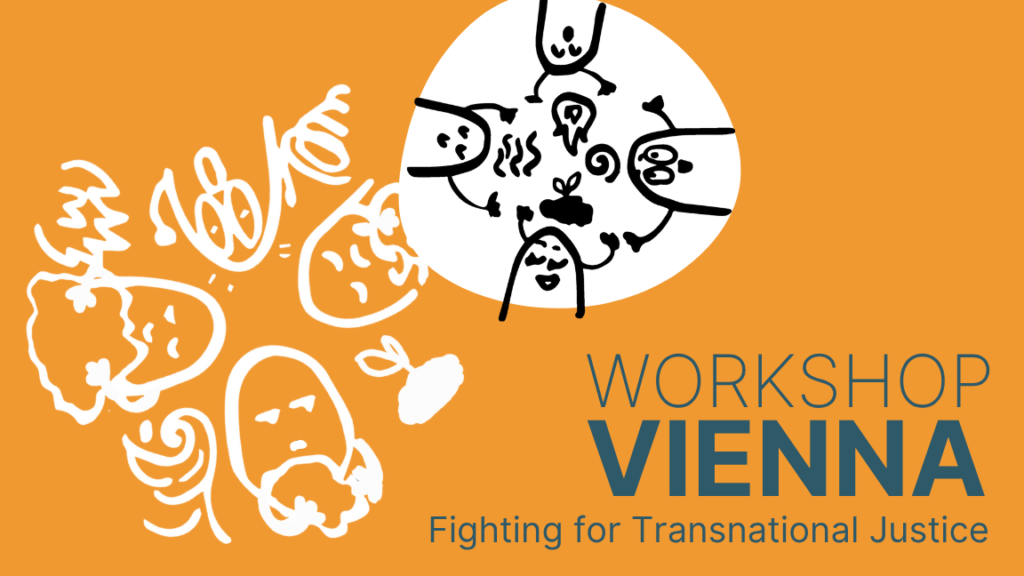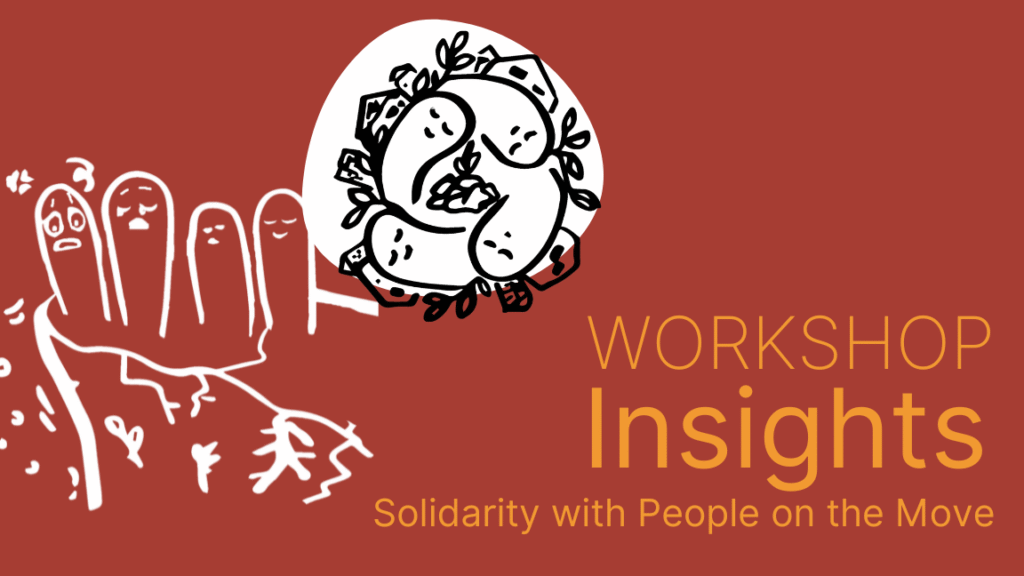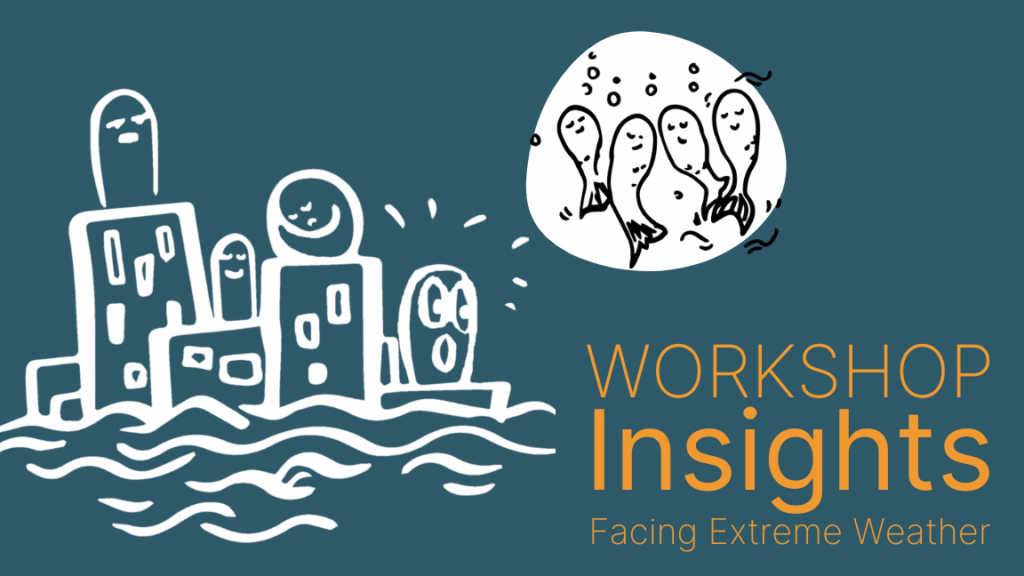The workshop is facilitated by Dean Spade and Anti War Hub and organized by Educat Kollektiv.
Content
In the context of worsening ecological crisis, rising fascism, and expanding war, we need to build communities and movements that can take care of each other and fight back. Mutual aid is the work we do in communities to meet immediate survival needs autonomous from government and NGO’s. It is where we practice skills of collaboration, generosity, and co-stewardship, engage in political education to expand our solidarities, and move from being passive observers of political crises to active participants in preparing for and addressing the disasters being caused by capitalism.
This workshop will consist of three main parts.
In the first part Dean Spade will guide us through the basics of what mutual aid is. Why is it so important for social movements? What common obstacles come up in doing the work? And how we can address them?
In the second part a group from Anti War Hub will talk about organizing grassroots medical initiatives. How can we develop structures parallel to the state that can be an alternative to family doctors, large clinics, where everything is controlled either by the state or private companies? As well as about why it is important to take away the monopoly on your health from institutions. And how horizontal medicine or alternative medical structures can provide more stability in crisis situations and become a support for survival during large-scale crises.
In the third part we will get more practical and focus on concrete skills that we can develop to build a more resilient and strong civil society.
Place / Date
The event will take place in Berlin on Saturday, 12th of July, from 10.30am to 5.30pm CET.
The venue is Kiezkapelle at Prinzessinnengarten Kollektiv, close to S-Bahn Hermannstraße and U-Bahn Leinestraße. The space is wheelchair-accessible. Further access information will be shared after signing up.
The Duration of the event is 7 hours with a longer lunch break (around 1 hour).
Rough timetable
- Arrival 10:00-10:30
- Morning Session 10:30-13:30
- Lunch Break 13:30-14:30
- Afternoon Session 14:30-17:30
- Closing 17:30
Estimated Work Amount
There is no prior reading or preparation required.
But if you are already interested in the topic and can’t wait, here is some optional preparation materials from Dean:
- Mutual Aid Explainer video: https://www.youtube.com/watch?v=rYPgTZeF5Z0
- Mutual Aid: Building Solidarity During this Crisis (and the Next): https://theanarchistlibrary.org/library/dean-spade-mutual-aid
- Visual History of Mutual Aid: https://www.bloomberg.com/news/features/2020-12-22/a-visual-history-of-mutual-aid
Barriers
All bodies, backgrounds, and levels of experience are welcome.
Language
English spoken language. Translation on the spot to German spoken language is possible, please inform us beforehand so we can also translate handout materials.
Costs
The event is free of charge. If you feel like you want to support the project, feel free to donate though 🙂 https://skills4crisis.org/#get-involved
Applying
The workshop is limited to 20 people. You can apply via our application platform “typeform”. You will be asked for a name and an E-Mail-address. We will also ask 5 questions to get to know you and your needs a little better. The details of the Workshop will be sent as soon as possible via E-Mail.
If you have questions, please send an E-Mail to skills4crisis@protonmail.com or write a direct message on Instagram @educatkollektiv with the Workshop title in the subject.
Facilitators
Dean Spade
Dean Spade has been working to build queer and trans liberation based in racial and economic justice for the past two decades. He is a professor at the Seattle University School of Law.
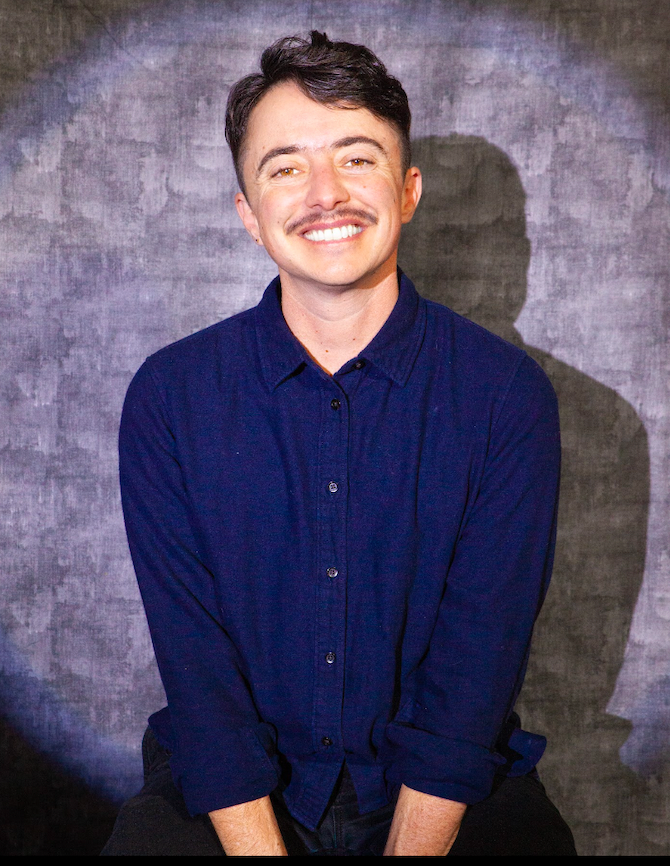
He is the author of Normal Life: Administrative Violence, Critical Trans Politics and the Limits of Law. Bella Terra Press published a Spanish edition in 2016.
In 2015, Dean released a one-hour video documentary, Pinkwashing Exposed: Seattle Fights Back!, which can be watched free online with English captions or subtitles in several languages.
Dean’s book, Mutual Aid: Building Solidarity During This Crisis (and the next) was published by Verso Press in October 2020. It is also out in Spanish, Czech, German, Catalan, Italian, Thai, Korean, and Portuguese.
Anti War Hub
Tagvi (they/them):
Tagvi is a translator, editor, and conflicts researcher based in Germany. They speak Russian as their native and English as their second language, and have substantial experience in translating and interpreting in both activist and academic contexts. Valuing autonomy, they are committed to teaching themselves essential medical and other survival skills and passing the knowledge forward to others.
Zlata:
In Russia, I had been working in harm reduction and coordinating the AIDS service organisation for children and teenagers. I was also involved in animal rescue projects and was a part of a non-hierarchical restaurant. After I fled Russia, I had been living in the commune in the village. We have been growing food ourselves, equipping autonomous life for our community, saving animals and trying to help people. At the same time, we were conducting courses on permaculture, discussing apocalypse and crisis.
I do not have any professional connection to medicine. Neither I am an expert in organisation work in public health care, nor have I graduated from a medical university, but I know enough to understand our need to prepare ourselves for the upcoming crisis. I know enough to perceive the urgency of ensuring one’s survival and health when governments do not help. I do not have readymade instructions to the functioning of the autonomous health care system, but I have an understanding where to search for possible solutions and which skills are worth developing.
During the meeting I will evaluate what we have already achieved and what we need to improve. I will also tell about some projects in progress at the moment and open a discussion on autonomous health care and medicine.
Educat Kollektiv
Masha
Masha moved to Germany in July 2023 and joined our collective in the fall. In Belarus and Georgia, she is involved in informal education, human rights activities, and remembrance work. She is now active in the collective in Dresden and has accompanied two of our major projects on remembrance work, “Cultures of Remembrance” and “Queer Identities in Darkest Times.”
